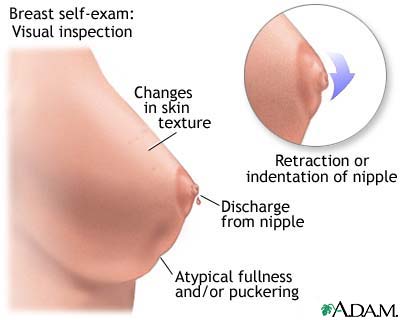
DECATUR – in 2011, it is projected that 590 women in Illinoiswill be diagnosed with cervical cancer, and 180 of them will die,according to data from the Illinois Department of PublicHealth.
In recognition of Cervical Cancer Awareness Month, thedepartment is providing a special opportunity for health careworkers to educate themselves about the disease. the Office ofWomen’s Health and Sexually Transmitted Diseases Program willsponsor a Webinar entitled “The many Issues of Human Papillomavirusand its Prevention.”
The event, geared toward doctors, nurses and public healthpersonnel, will take place from 11 a.m. to noon Thursday 27, andwill feature speaker Dr. Lea Widdice from the U.S. Centers forDisease Control and Prevention’s HIV and STD prevention center inCincinnati.
The event will focus on the link between cervical cancer andHPV, the importance of cervical cancer screenings, risk factors forHPV infection, transmission and vaccination as well asprevention.
“Two types of HPV cause approximately 70 percent of cervicalcancers. the more education we can provide to physicians and healthcare workers about HPV risk factors, transmission, vaccination andscreenings, the better able we are to reduce the risk of cervicalcancer and other cancers caused by HPV,” said Dr. Damon T. Arnold,director of the Department of Public Health.
According to the agency, genital HPV is the most common sexuallytransmitted infection. more than 40 known strains of the virus caninfect the genitals, mouths and throats of women and men, but mostpeople never develop symptoms or health problems, according to theDepartment of Public Health.
Certain strains of HPV can cause genital warts in men and women,and some HPV types can cause cancers of the vulva,
vagina, penis, anus and head and neck, as well as cervicalcancer, the release stated.
The U.S. Food and Drug Administration has approved two vaccinesfor preventing infection with the HPV strains known to cause mostcervical cancers. the vaccines are recommended for 11- and12-year-old girls and are most effective when given before sexualactivity begins, but they also can be given to females through age26. Even in women who have had the vaccine, it is important tocontinue regular cervical cancer screenings as recommended by one’sprovider.
The department also sought to remind women of the IllinoisBreast and Cervical Cancer Program, which provides free mammograms,breast exams, pelvic examinations and Pap tests to uninsured women.in the past fiscal year, the program provided 18,000 cervicalcancer screenings to women statewide.
For more information about the program, visitidph.state.il.us/about/womenshealth/ibccp/index.htm.